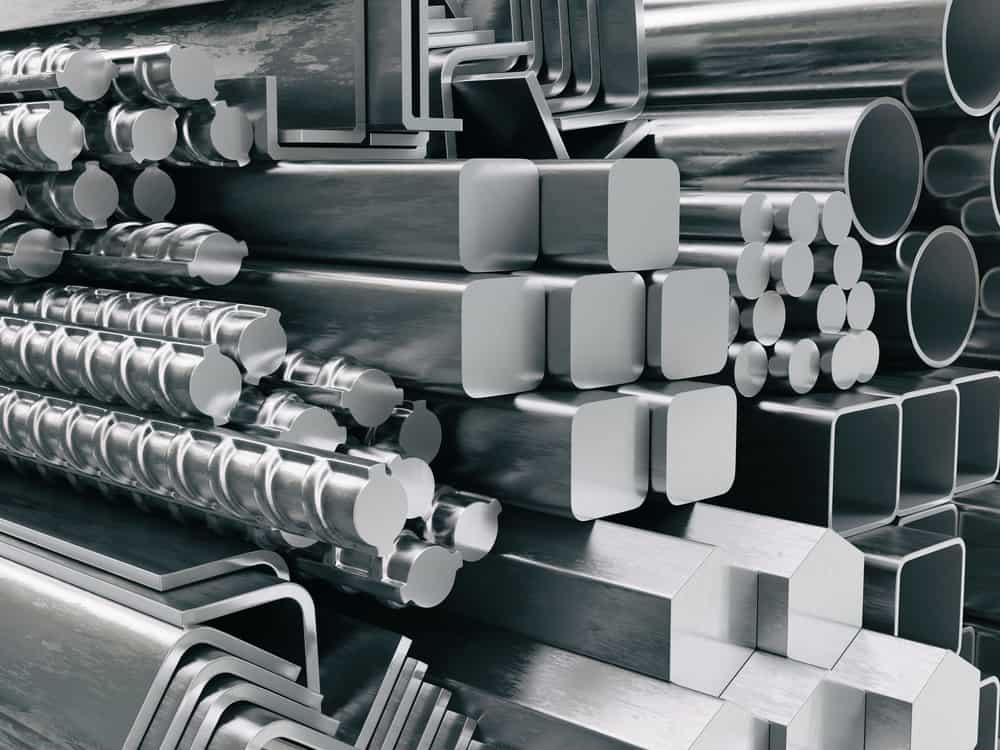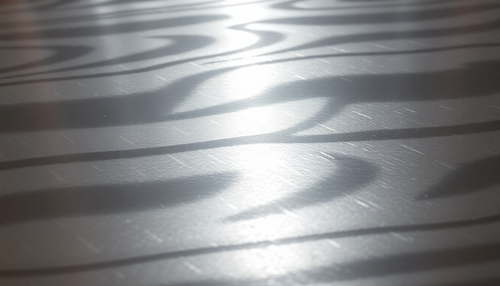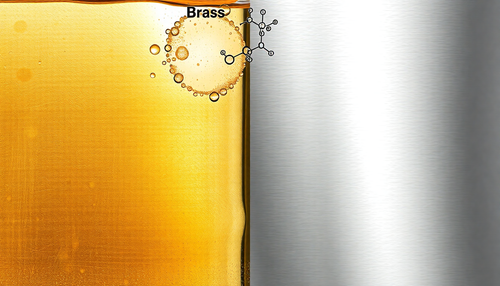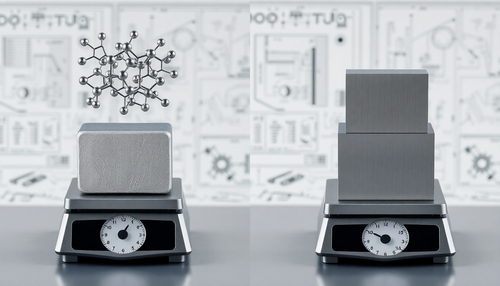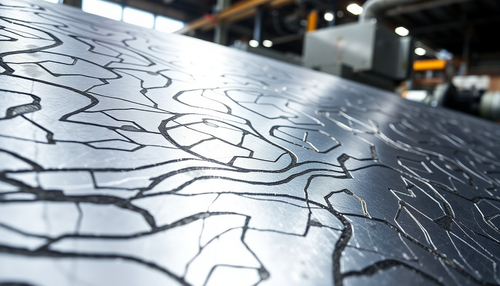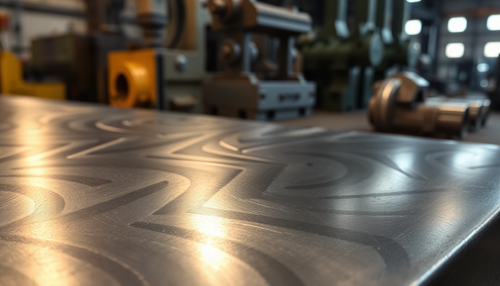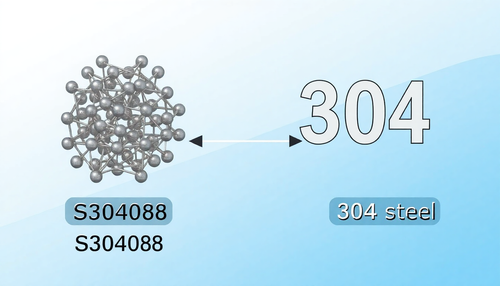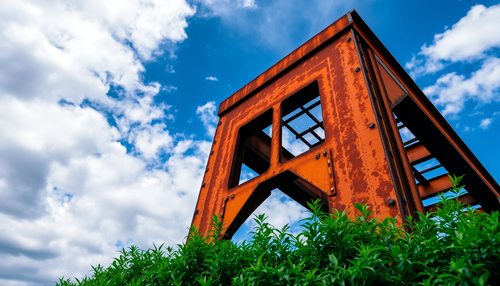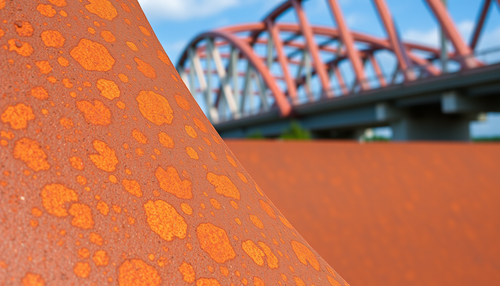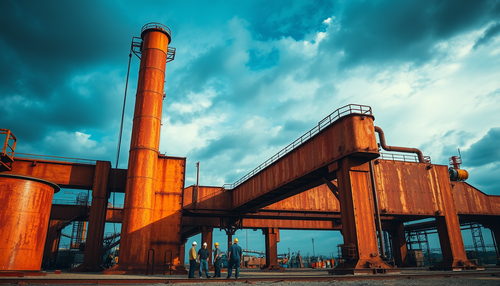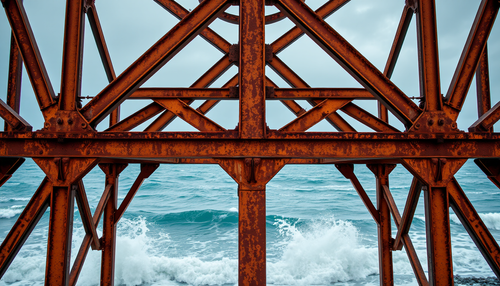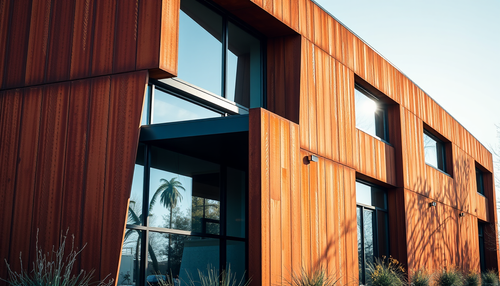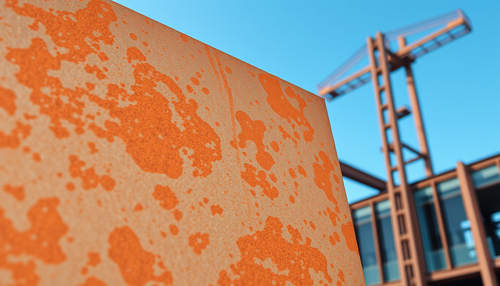
D2 Steel – Steel for tools, dies and blades
D2 steel is a type of ledeburite tool steel, which is the most available and popular among D series tool steels. Its hardness can reach 60+HRC after heat treatment. The material contains up to 1.6% carbon and 13% chromium, which is why it is also known as semi-stainless steel, but the high chromium content is not enough to provide the corrosion resistance of stainless steel because much of the chromium is incorporated into alloy carbides. It is a deep hardening with low distortion and high hardening security. It also has high resistance to softening and medium resistance to decarburization and is easy to nitridate. D2 tool steel has high wear resistance and good toughness and is therefore known as blade steel.
Properties of D2 tool steel
The following tables show the properties of D2 tool steel, including chemical composition, physical composition and hardness, etc.
Chemical composition
The chemical composition of D2 tool steel is listed in the following table.
| D2 Steel Composition, % | |||||||||
| Standard | AISI | W | Yes | Mn | P, ≤ | S, ≤ | Cr | Mo | V |
| ASTM A681 | D2 | 1.40-1.60 | 0.10-0.60 | 0.10-0.60 | 0.030 | 0.030 | 11am-1pm | 0.70-1.20 | 0.50-1.10 |
Physical properties
The physical properties of D2 metal are listed in the table below, including density, melting point, specific heat, modulus of elasticity (modulus of elasticity), thermal conductivity, and coefficient of thermal expansion (CTE).
Grades:
- 10 -6 ·K -1 = 10 -6 /K
- 1Ω mm²/m = 1 μΩ m
- 1 g/cm3 = 1 kg/dm3 = 1000 kg/m3
- 1 GPa = 1kN/mm2
- 1 MPa = 1 N/mm2
| Physical properties of D2 material | |
| Density, g/cm3 (lb/in3) | 7.70 (0.278) |
| Melting point, °C (°F) | 1420 (2590) |
| Specific heat capacity, J/kg·K (Btu/lb ·°F) | 460 (0.11) at 20°C (68°F) |
| Elastic Modulus (Modulus of Elasticity), GPa (10 6 psi) | 210 (30) |
| 200 (29) to 200 °C (390 °F) | |
| 180 (26) to 400 °C (750 °F) | |
| Thermal conductivity, W/m·K (Btu/ft · h ·°F) | 20.0 (11.58) at 20°C (68°F) |
| 21.0 (12.17) at 200°C (390°F) | |
| 23.0 (13.33) at 400°C (750°F) | |
| Coefficient of thermal expansion (CTE), μm/m·K | 10.4 at 20-100°C |
| 10.3 at 20-200°C | |
| 11.9 at 20-425°C | |
| 12.2 at 20-540°C | |
| 12.2 at 20-650°C | |
| Coefficient of thermal expansion (CTE), μin./in. ·°F | 5.8 at 70-200°F |
| 5.7 at 70-400°F | |
| 6.6 at 70-800°F | |
| 6.8 at 70-1000°F | |
| 6.8 at 70-1200°F | |
Heat treatment of D2 materials
girdling
D2 tool steel annealing temperature: 870-900°C (1600-1650°F), cooling rate: 22°C (40°F), hardness: 217-255 HB.
Note: The upper limit of the range applies to large sections and the lower limit to smaller sections. The time to maintain temperature varies from 1 hour for light sections to 4 hours for heavy sections and large loads of high-alloy steel furnaces.
Hardening and Tempering
- Preheating temperature: 816 °C (1500 °F);
- Austenitizing temperature: 1825 °F (996 °C) salt bath; Controlled atmosphere ovens 1850°F (1010°C);
- Austenitization Time: 10-20 minutes;
- Seasoning in the air;
- Quenching Temperature: 400°F (204°C), 2 hours quenching; The minimum Rockwell hardness is 59 HRC.
- For high hardness (>59 HRC), use a low tempering temperature.
Forms
D2 metal can be used to manufacture cold work die steels with large cross sections, complex shapes, high impact strength and high wear resistance. Typical applications including:
- Blind matrices
- Polishing Tools
- Space needles,
- Coinage dies
- Deep Drawing Dies
- Drawing dies
- Forming matrices
- Gauges
- Thread rolling dies
- Lathe Centers
- Punches
- Threaded rollers
- Forming and folding rolls
- Jaws and rollers for line lamination
- Sendzimir rolls
- cutting dies
- Rotary Tools
- Cutters
- Shaping and pressing rolls
- serrated
- Brooches
- Pressing dies and dies
- Cold extrusion dies
- Wear plates
- Chucks
- Countersink and pressure stakes
- Crimping Dies
- Hot stamping dies
- Lamination die
- Milling cutters
- Cutlery
- Blades and shear knives, etc.
D2 steel equivalent material
AISI D2 steel equivalent to European EN (Germany DIN, British BSI, French NF…), ISO, Japanese JIS and Chinese GB standard (for reference).
Note: The Japanese equivalent material is SKD10, not SKD11. But SKD11 is more well-known and commonly used than SKD10.
| D2 steel equivalent material | |||||||||||||||||
| USA | European | Japan | ISO | China | Australia | India | Russia | Korea | |||||||||
| Standard | AISI (UNS) | Standard | Steel Number (Steel Name) | Standard | Note | Standard | Steel Number (Steel Name) | Standard | Name | Standard | Note | Standard | Note | Standard | Note | Standard | Note |
| AISI, ASTM A681 |
D2 (T30402) | EN ISO 4957 | 1.2379 (X153CrMoV12) | JIS G4404 | SKD10 | ISO 4957 | 1.2379 (X153CrMoV12) | GB/T 1299 | Cr12Mo1V1 | ||||||||

